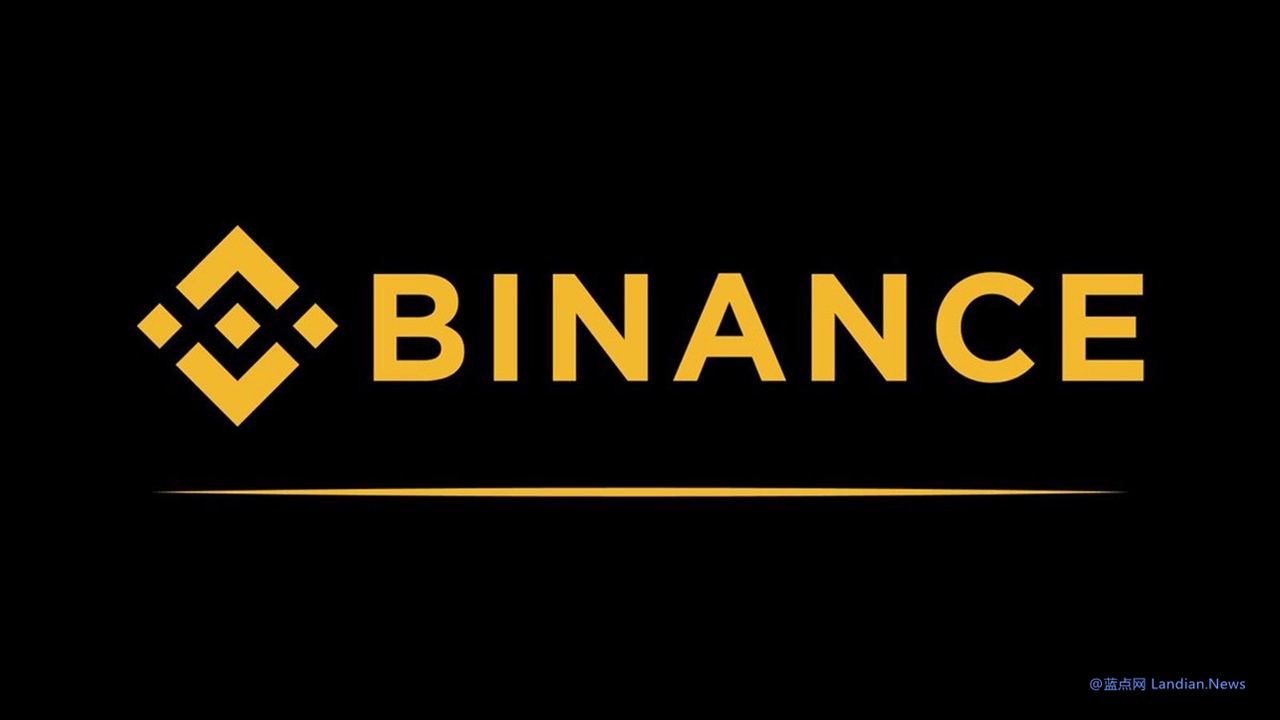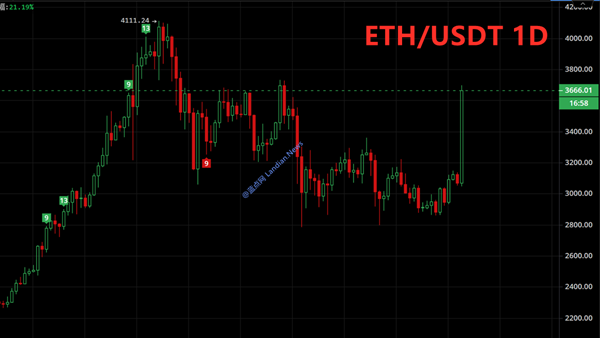Binance Accuses Nigerian Government of Entrapment, Calls it a Dangerous Precedent
The Nigerian government has arrested two senior executives from cryptocurrency exchange Binance, with one executive already fleeing the country and the other currently under close surveillance awaiting trial.
In the past, when governments around the world had issues with cryptocurrency exchanges, they would typically resolve them through communication, with the worst-case scenario being a ban on the exchange's operations in the country. However, the Nigerian government has taken a different approach.
The government invited Binance executives to Nigeria to discuss operational policy issues, but it turned out to be a trap, with the two executives arrested as soon as they arrived. The promised 20-day release has also become an empty promise.
Binance has accused the Nigerian government of entrapment, calling it a dangerous precedent. Richard Teng, who recently took over as CEO of Binance, wrote a post condemning the Nigerian government's untrustworthy behavior, saying that it has set a dangerous example by using talks as a pretext to lure and illegally detain corporate executives.
Currently, Tigran Gambaryan, Binance's financial crime compliance chief, is still being detained by the Nigerian authorities. A US citizen and former US tax investigator, Gambaryan is accused of tax evasion and is awaiting trial.
Binance believes the Nigerian authorities' accusations are baseless, and Gambaryan is not a key responsible person. Even if the Nigerian authorities need to investigate, they should not have arrested the executives.
The Nigerian side, however, argues that since Gambaryan and Anjarwalla (the other executive who has already fled) represented Binance in the talks, they can be considered responsible persons and should be held accountable for Binance's illegal activities in Nigeria.
The two sides are currently at an impasse, with Nigeria planning to fine Binance $100 billion to compensate for the company's illegal operations in the country, which allegedly caused the naira (NGN) exchange rate to plummet and led to a massive outflow of funds.










